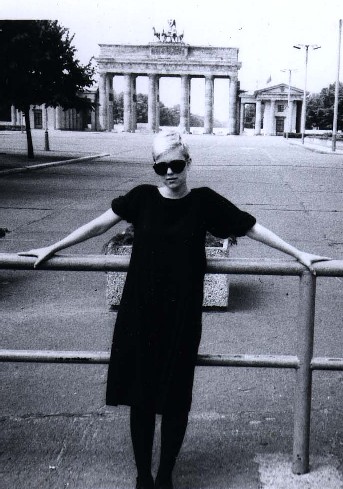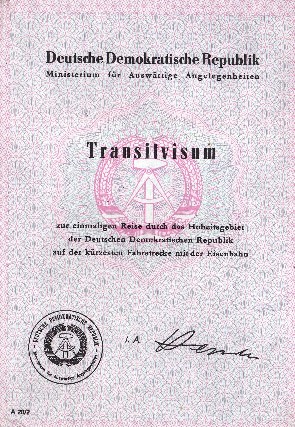I stayed because I had discovered a hole in the journalism market.For the major American and British papers, Berlin in 1986 was not important enough to merit its own correspondent any more. Correspondents lived in Berlin, where the West German government had its “temporary” home – we foreigners used to laugh at the “temporary.” We thought that the Germans should just accept the idea that the Berlin Wall wasn’t going anywhere and that Bonn would be the capital for our lifetimes, at least. In Berlin, there was a Clive somebody, in his sixties with not many teeth, who provided freelance items for the British newspapers. There was Charles Brady, an old American WWII soldier who provided whatever the US papers could be persuaded to take from Berlin, which was not very much. The Associated Press made do with English-speaking Germans, and Reuters, the other big news service, had a guy called Ralph who was based in East Berlin covering the East German regime. His girlfriend, Krista, was the Berlin “stringer” for the New York Times, a stringer being the first person newspapers called if they needed something before their own correspondent could get there. Krista got a big scoop on a terrorist bombing because she happened to be sleeping next to Ralph when it happened. |
 In front of the Brandenburger Tor, which stood on the border between East and West. |
|
|
 A transit visa for East Germany |
|
|
|
Next: My boyfriend the schizophrenic.
Return to Half-life homepage
Send e-mail to Xander Mellish: xmel _improved @xmel.com
U.S. Copyright Office Registration 1-141735861
Send e-mail to Xander Mellish: xmel _improved @xmel.com
U.S. Copyright Office Registration 1-141735861